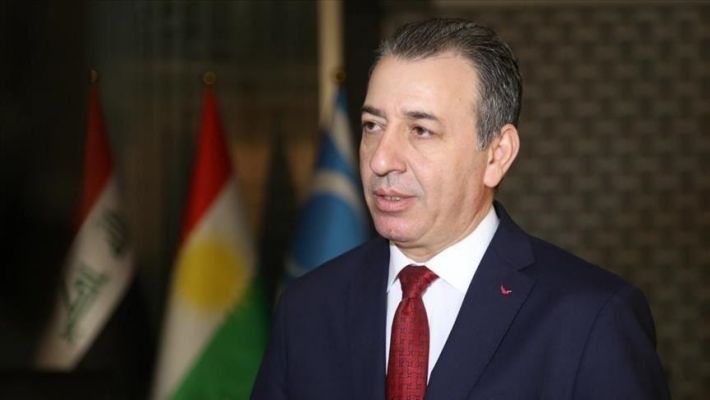In Kurdistan, components hold key government positions and demand continued attention and increased representation in the new cabinet and parliament
In Kurdistan, full attention is paid to the components, and they hold sensitive and important positions such as the Ministry of Transportation and Telecommunication and the Ministry of Region for Components Affair. These included the establishment of 48 Assyrian and 19 Turkmen schools in the Kurdistan Region.
The religious and ethnic communities of the Kurdistan Region have seen significant political and cultural development in the past years. The leaders of these components testify to the attention given by the entire KRG and demand that the new KRG cabinet continue this approach, focusing on their needs and concerns.
For the first time in the history of Kurdish governance, a ministry for components affairs was established under the name of the Ministry of Components Affairs, with Aydin Ma’roof appointed as minister.
The components held several important and sensitive positions in the KRG, participating in decision-making and all spheres of governance in the Kurdistan Region and expressing their opinions freely.
The most important positions given to the components in the KRG, headed by Masrour Barzani, included: the Minister of Transportation of the Kurdistan Regional Government, Ano Jawhar, a Christian; the head of the Independent Human Rights Commission, Muna Yaqu, a Christian; and the post of secretary of the Kurdistan Parliament, held by Muna Qahwachi from the Turkmen component. Additionally, several senior advisors and general directors were also from the communities.
In the education sector, the KRG’s attention to components is reflected in the fact that there are 48 Assyrian schools and 19 Turkmen schools in the Kurdistan Region. This is in addition to several universities for components.
The religious and ethnic components expect the new KRG cabinet, led by Masrour Barzani, to pay more attention to them and deepen coexistence, as well as include more personalities from these components in key positions within institutions.
Aydin Ma’roof, the Kurdistan Regional Government’s Minister for Components Affairs, told The Kurdish Globe: “We have met with all ethnic and religious components in Kurdistan. With the elections concluded and the representatives confirmed, we are eager for the new cabinet to be formed as soon as possible, and we are ready to provide any necessary assistance for that purpose.”
“At the meeting of the components, several points were demanded, especially after the amendment of the Kurdistan Election Law. Previously, there were eleven seats allocated, but after interference during political campaigns, the seats were reduced to five. The election law should be amended, and the final number of seats should be increased to 15, with the right to veto any decision or issue deemed detrimental to the communities,” he added.
The Kurdish Globe

